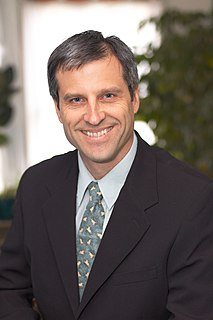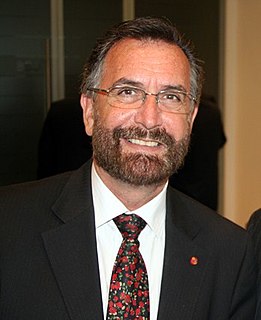A Quote by Gene Baur
Meat consumption shouldn't be normal.
Quote Topics
Related Quotes
The current treatment of animals in the livestock trade definitely renders the consumption of meat as halachically unacceptable as the product of illegitimate means. ... As it is halachically prohibited to harm oneself and as healthy, nutritious vegetarian alternatives are easily available, meat consumption has become halachically unjustifiable.
Developed and benefited from the unsustainable patterns of production and consumption which have produced our present dilemma. It is clear that current lifestyles and consumption patterns of the affluent middle class-involving high meat intake, consumption of large amounts of frozen and convenience foods, use of fossil fuels, appliances, home and work-place air-conditioning, and suburban housing-are not sustainable. A shift is necessary toward lifestyles less geared to environmentally damaging consumption patterns.
I must say that in my own mind, I think what's important is for us, as a society, to radically reduce the consumption of meat. This is more important than some fraction of us become moral saints and become vegetarians so it would be much better if we would reduce meat consumption by three quarters of each of us as an individuals would only eat one-quarter as much meat as we do now then that half of the population should become vegetarian. We should see this as a collective challenge rather than an issue about individual, moral period.
Casein [the main protein found in dairy], in fact, is the most 'relevant' chemical carcinogen ever identified; its cancer-producin g effects occur in animals at consumption levels close to normal-striking ly unlike cancer-causing environmental chemicals that are fed to lab animals at a few hundred or even a few thousand times their normal levels of consumption.
Current lifestyles and consumption patterns of the affluent middle class…involving high meat intake, consumption of large amounts of frozen and convenience foods, ownership of motor vehicles, golf courses, small electric appliances, home and work place air-conditioning, and suburban housing are not sustainable...
The illusion that consumption - and its correlative, income - is desirable probably stems from too great preoccupation with what Knight calls "one-use goods," such as food and fuel, where the utilization and consumption of the good are tightly bound together in a single act or event. ... any economy in the consumption of fuel that enables us to maintain warmth or to generate power with lessened consumption again leaves us better off. ... there is no great value in consumption itself.




































